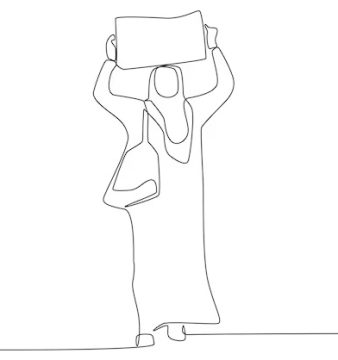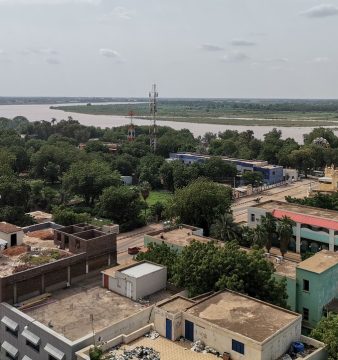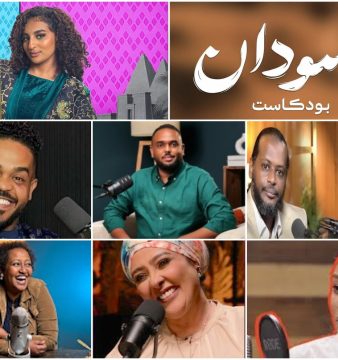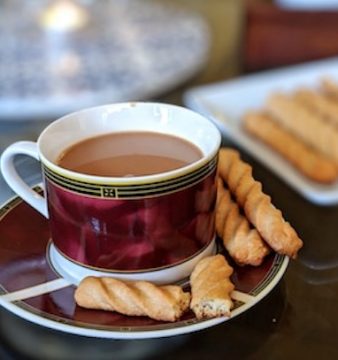A Bittersweet Ramadan in Sudan
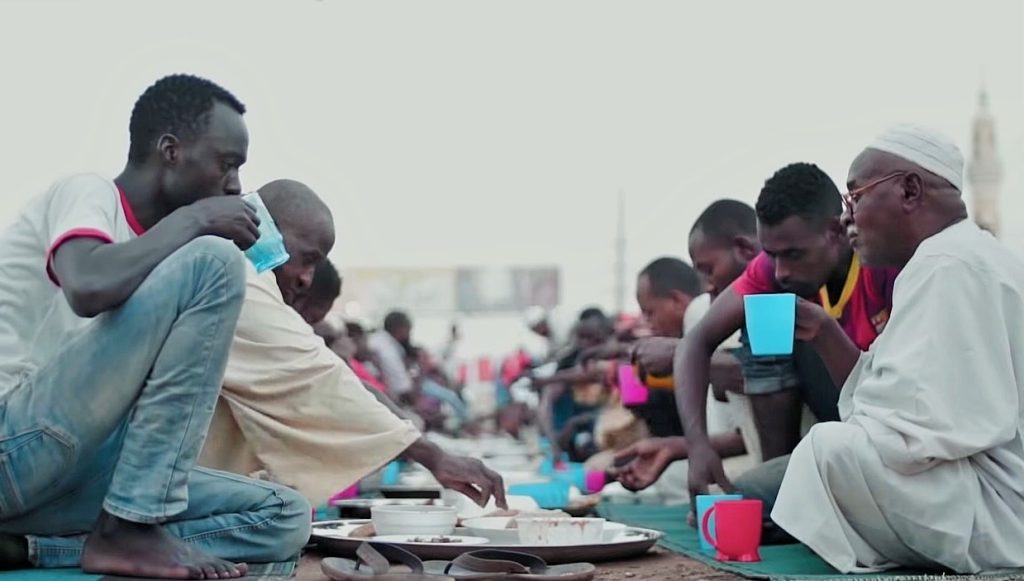
As a Sudanese, once the word Ramadan is spoken aloud, a hundred pictures come to mind and a million memories hold us captive. Starting with the early mornings, the once busy, loud, and vibrant streets turn empty, quiet, and peaceful. You will see Ramadan evident in people’s faces, public transportation, and drivers, evoking the peacefulness of the holy month. Quran being recited from each corner penetrates deep into your soul.
One of the key values of the holy month of Ramadan is sharing and giving, not just to people in need, but to all community members, which helps a great deal in building and enriching communities, and unifying society. From a young age, children are taught about generosity and selflessness. One example of this is observed in every Sudanese household where meals are prepared not only for the family, but also for neighbours, nearby shop workers, and even strangers passing by. One might witness young men and women scattered around traffic signals giving out dates and water to passing cars to ensure everyone has sustenance after a long day of fasting until they reach their destination. In the countryside, generosity reaches another level, as all the women in the village work together harmoniously to prepare a daily feast. The men will then take out their trays full of delicious foods and colorful drinks to break their fast in groups by the road, inviting and urging travelers to join them for respite before continuing their journey.
For Sudanese women, Ramadan begins months in advance. Preparations for the holy month involve cutting, caramelising, and freezing onions, drying beef for soup or traditional Sudanese dishes such as mulah, a stew-fish dish made of dried meats, onions, dried okra (crushed waika) and other ingredients, preparing a popular Ramadan drink made of corn and spices called hilo mor, which means ‘sweet and sour’ and is also known as abrae, and last but not least, rugag, crepe with milk and sugar, the king of Suhoor.
Just before maghrib or sunset, the quiet household transforms into a bustling hub where women work like bees, each with assigned duties; one prepares drinks while another finishes making asida, a ball of dough made flour and water, and eaten alongside mulah, as children sample every dish for approval.
Ramadan in Sudan emphasises family, with one of the highest priorities being family gatherings every Friday in the big family home, where aunts, uncles, children, and grandchildren reconvene for iftar. The spiritual and religious significance of Ramadan is unforgettable, with Taraweeh prayers and Tahajjud being crucial elements in transforming souls and uplifting spirits during this holy month.
As millions of Sudanese observe Ramadan away from their homes in Sudan due to the ongoing war in the country, we see ourselves missing many of our traditions as families are separated and scattered all over the world. However, some are still in Sudan, some are fighting for Sudan, and the rest are praying desperately to return to Sudan. Nevertheless, Sudanese people never fail to get the best of every situation and adapt to changes whether it’s the people of Omdurman and other parts of Sudan still observing Ramadan despite the gunfire, or the Sudanese in Egypt and in other neighbouring countries which they’ve sought refuge in far away from home still gather by the road with everyone bringing out their trays of iftar, painting the finest picture of unity, mirroring Ramadan traditions in Sudan.
For many, Ramadan is tainted by the memory of war. It was around this time last year that the war in Sudan began. Many Sudanese spent their last days of Ramadan and beginning of Eid Al Fitr under fire, fleeing their homes. Now still, many are observing the holy month under fire, lacking food, water and electricity. According to the UN, the war threatens the world’s largest hunger crisis, warning 5 million are at risk of starvation.
Nevertheless, Ramadan in Sudan has many beautiful colours and meanings, whether through its cultural diversity or spiritual similarity, and it brings immense happiness to us all. We hope that our next Ramadan will be spent in the comfort of our homes and the safety of our beloved country.
______________________________________________________________________________________
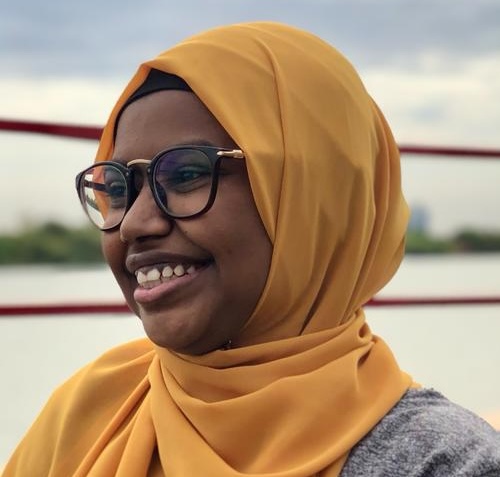
Lamia Abdallah Ahmed is a 24-year-old final-year medical student at Ahfad University for Women (AUW). She is also a content writer and storyteller who lives for reading, writing, and fighting for human rights.

